Listening and Understanding
/ Patricia Neal
Photo Credit: Craig Neal
"The more you listen, the more you will hear. The more you hear, the more and more deeply you will understand."
- Kyentse Rinpoche
…this idea of worthiness, that struggle we go through as a nation, happens all the time.
Edward Dugger III, president of Reinventure Capital and an early pioneer in impact investing, explores the intersection between the venture capital community and racial equity.
…this idea of worthiness, that struggle we go through as a nation, happens all the time.
Edward Dugger III, president of Reinventure Capital and an early pioneer in impact investing, explores the intersection between the venture capital community and racial equity.
11/15 Essential Conversation
The Climate Reality Project: COP26* Hopes/Learnings/Outcomes
Finding your inner climate leadership
"Possibility awaits each of us. Listen with a softened heart and open mind to hear its call. Respond with the innocence of “not knowing” and you will see for yourself beyond belief."
What happens to a dream deferred? … Does it Dry Up Like a Raisin in the Sun? Or Fester Like a Sore— and Run?
Edward Dugger III, president of Reinventure Capital and an early pioneer in impact investing, explores the intersection between the venture capital community and racial equity.
Convening, Collaboration, Community
“There’s a basic human desire to connect and recognize our interdependence. That curiosity and yearning are what creates community.”
Community for the Soul Podcast
Part 1 of a 2-part series:
“… The ability to transform your company and your personal opportunities is life changing … and world changing.”
Part 2: The Exciting Possibilities of Changing Workplace Demographics (2 Converging Trends)
Part 1 of a 2-part series:
“… The ability to transform your company and your personal opportunities is life changing … and world changing.”
Part 2: The Exciting Possibilities of Changing Workplace Demographics (2 Converging Trends)
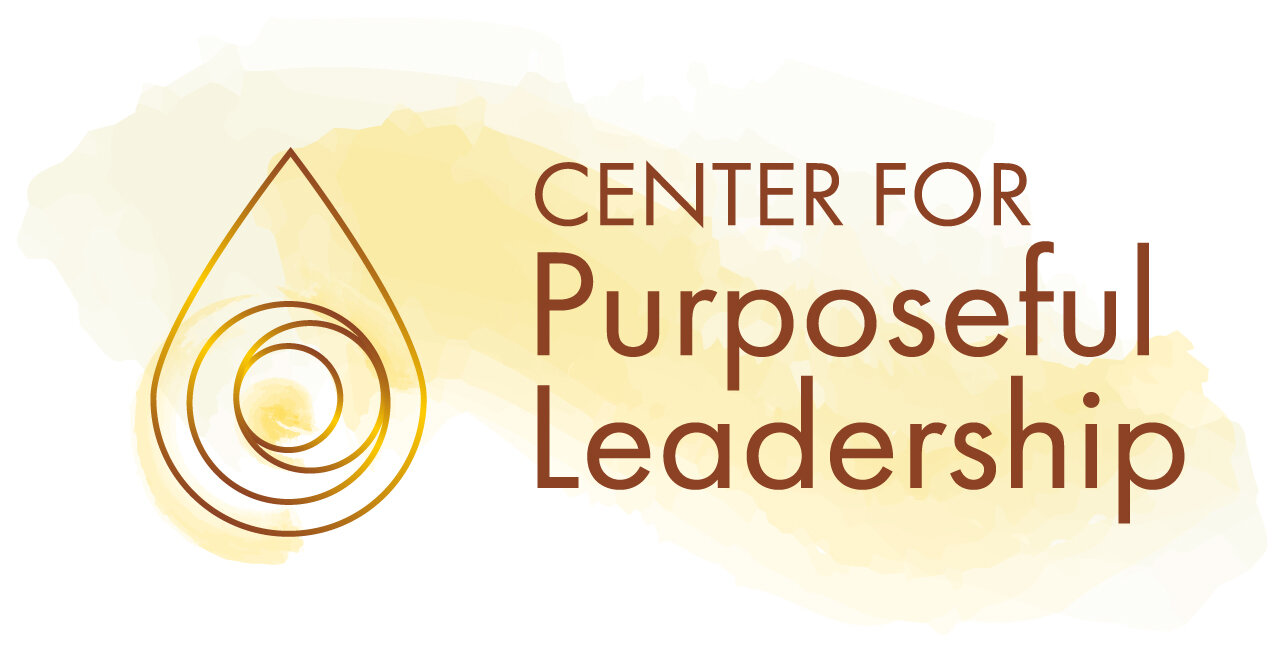













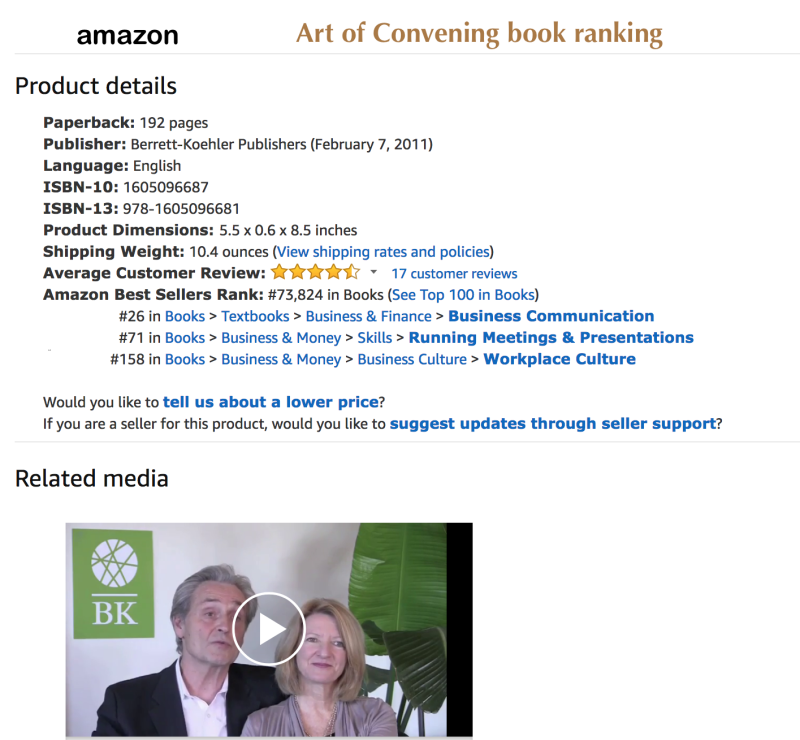
















![[Hearth] Voices from Ukraine: Part 2](https://images.squarespace-cdn.com/content/v1/58a4e3be9de4bb98b066fd6f/1647955546471-VUGA4FCGFEUYJ29TEQVA/sunforest-mix-sunflower-types-1586794598.jpeg)

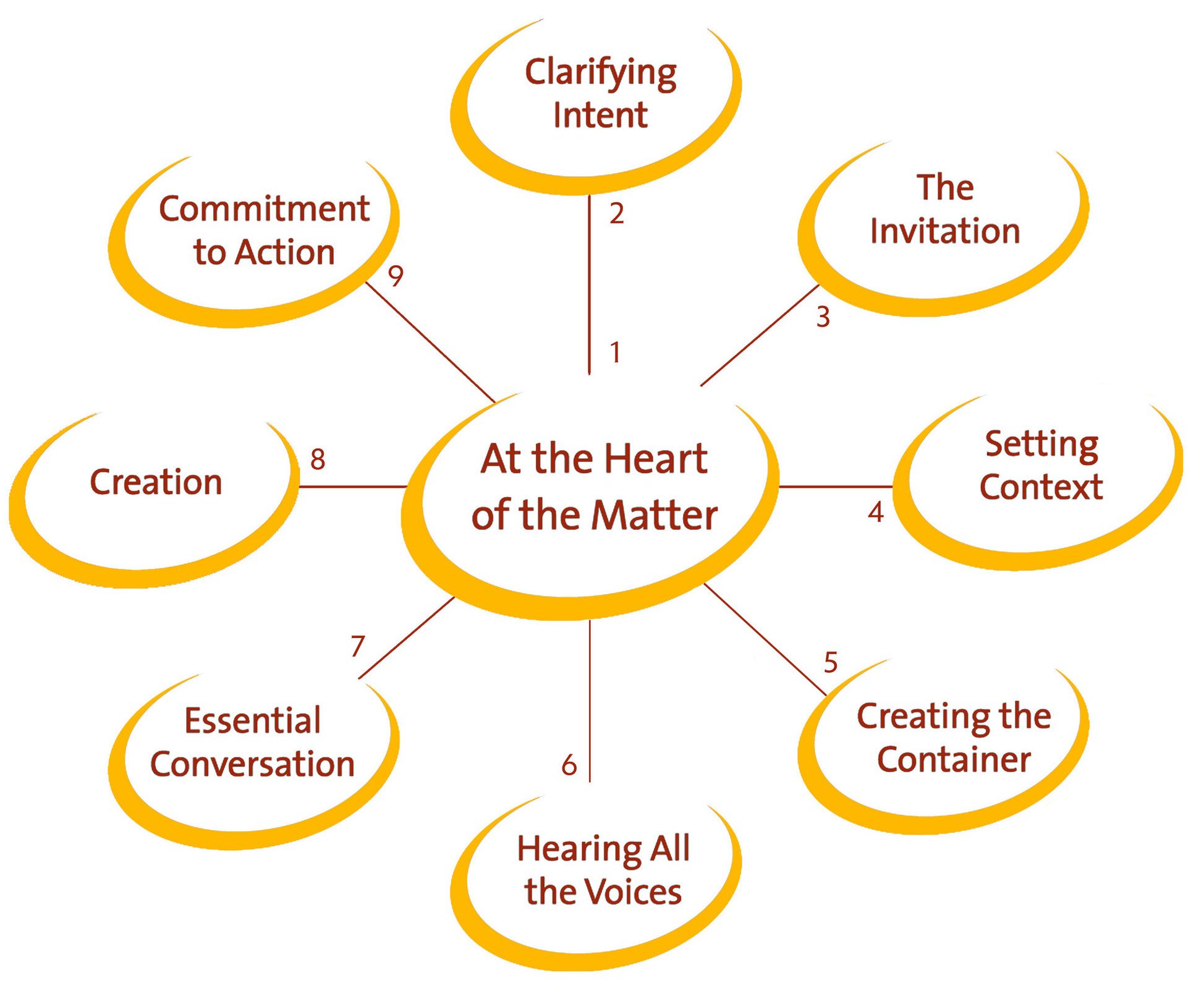

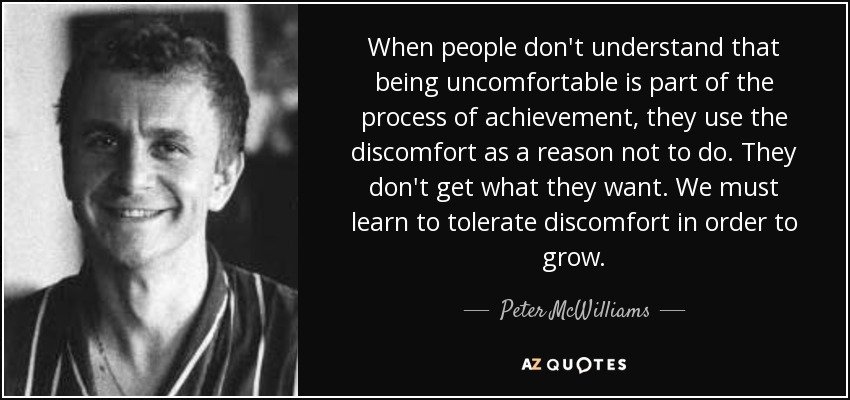

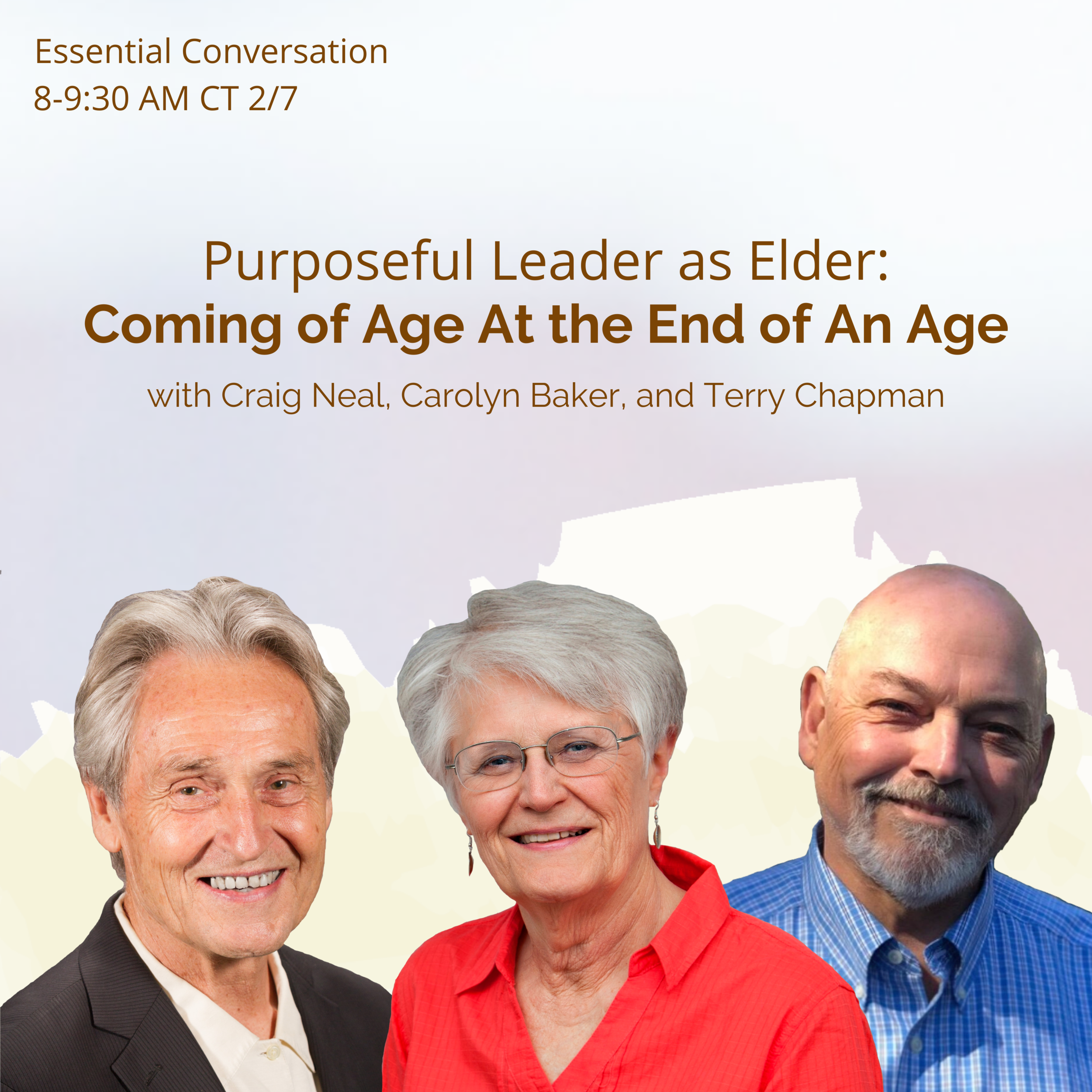











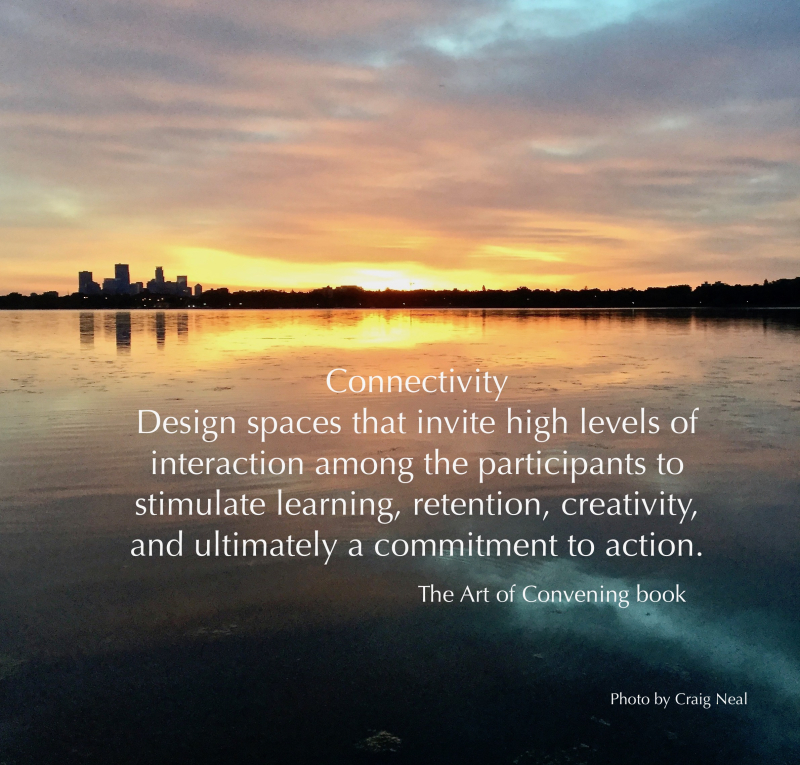
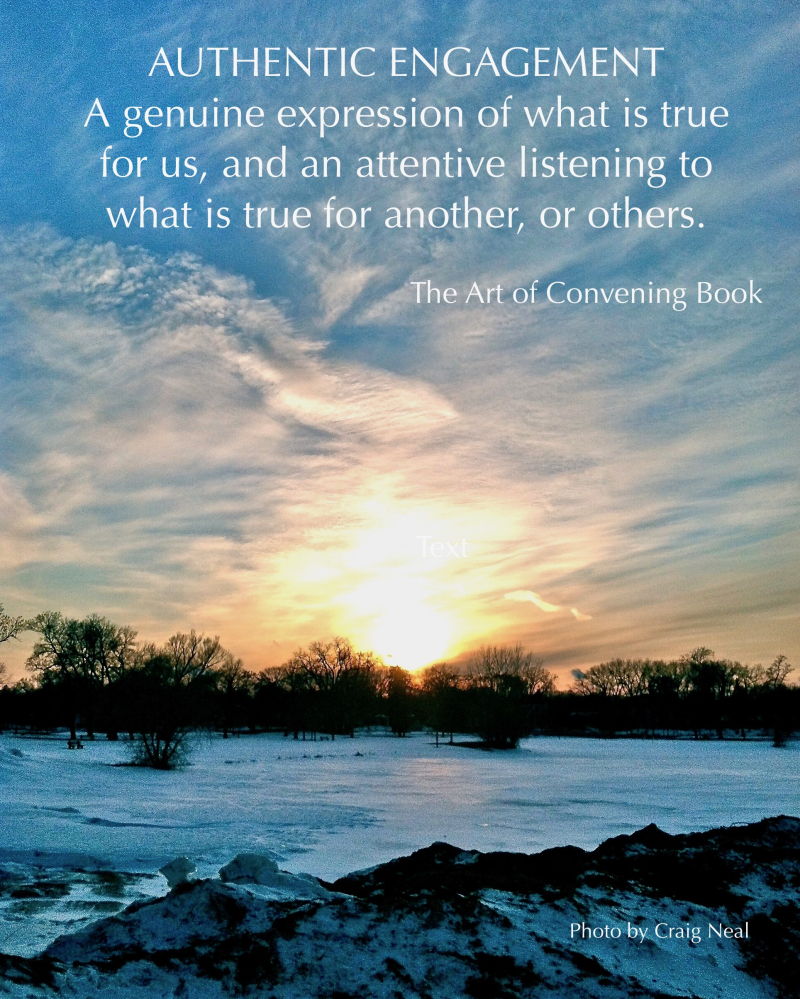
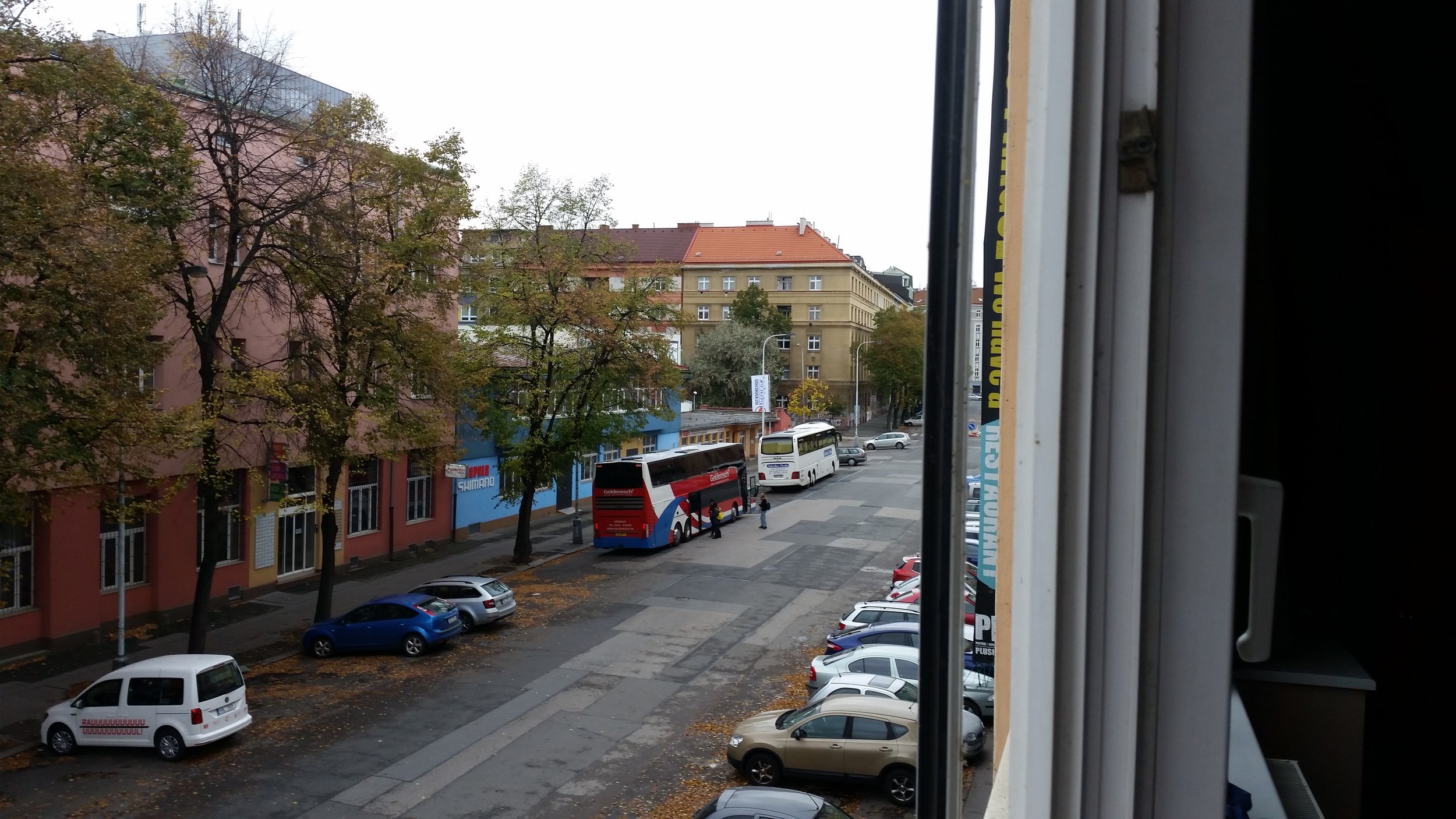
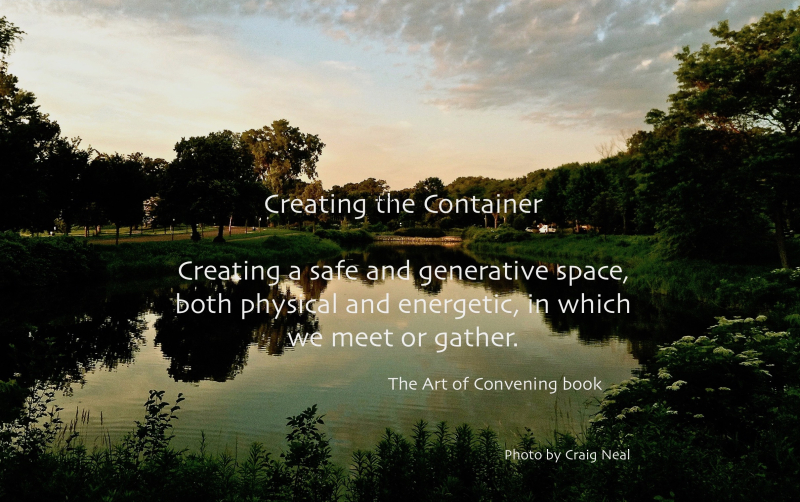






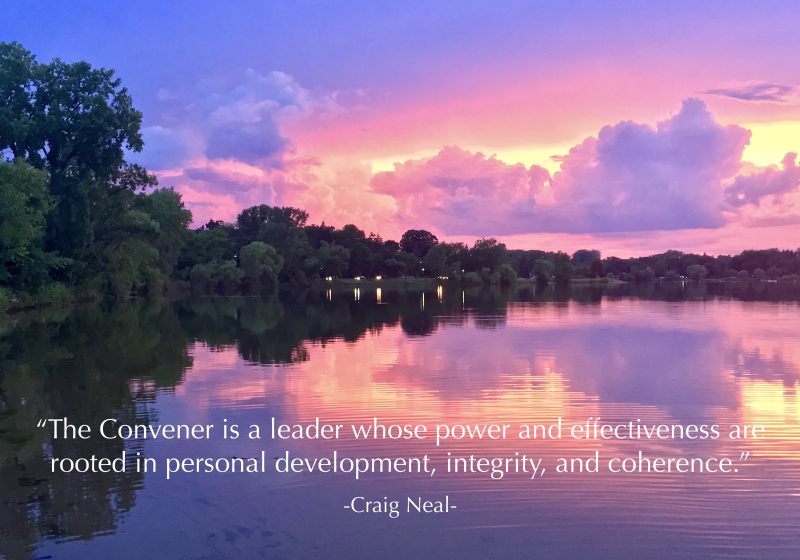









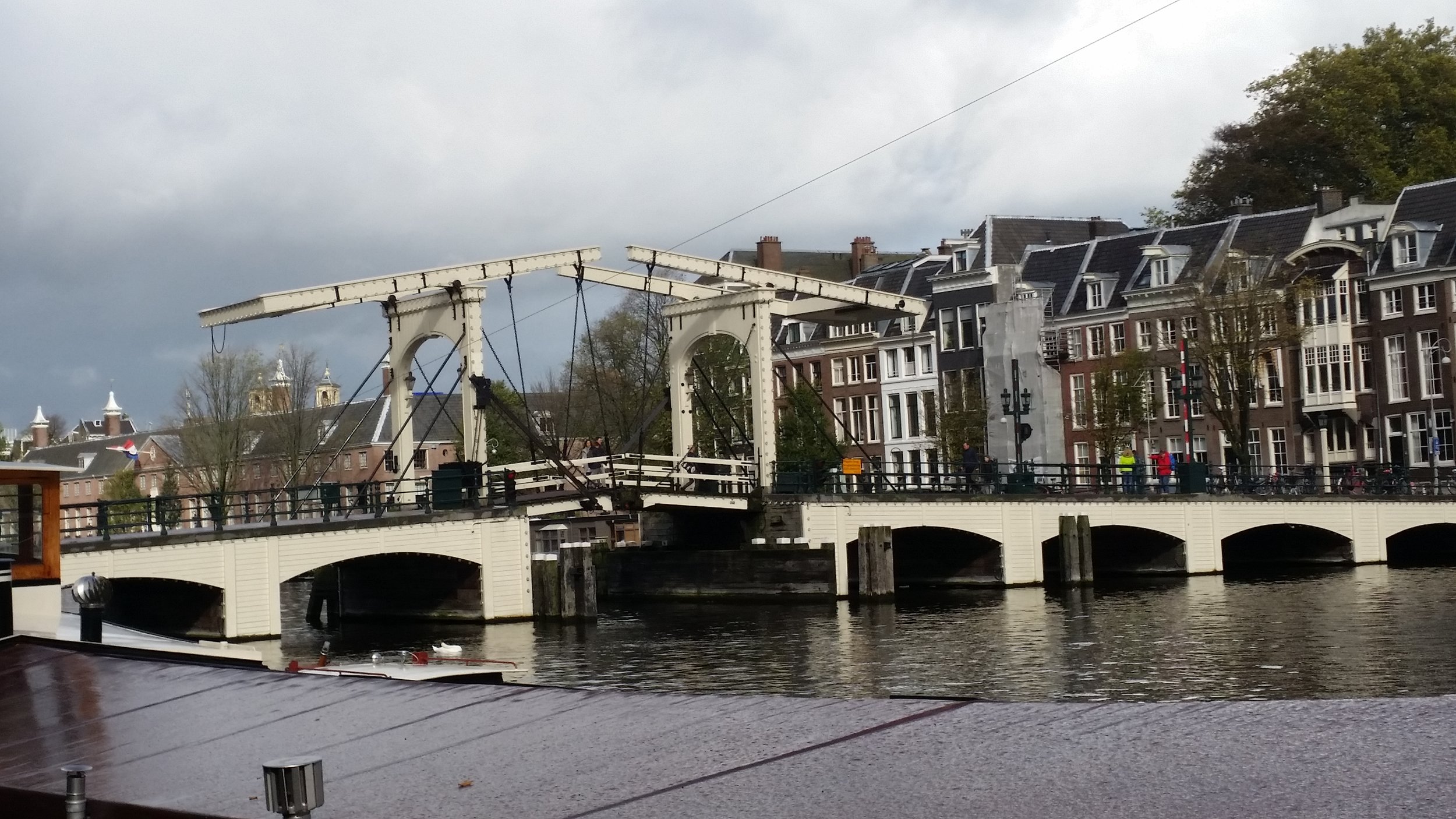










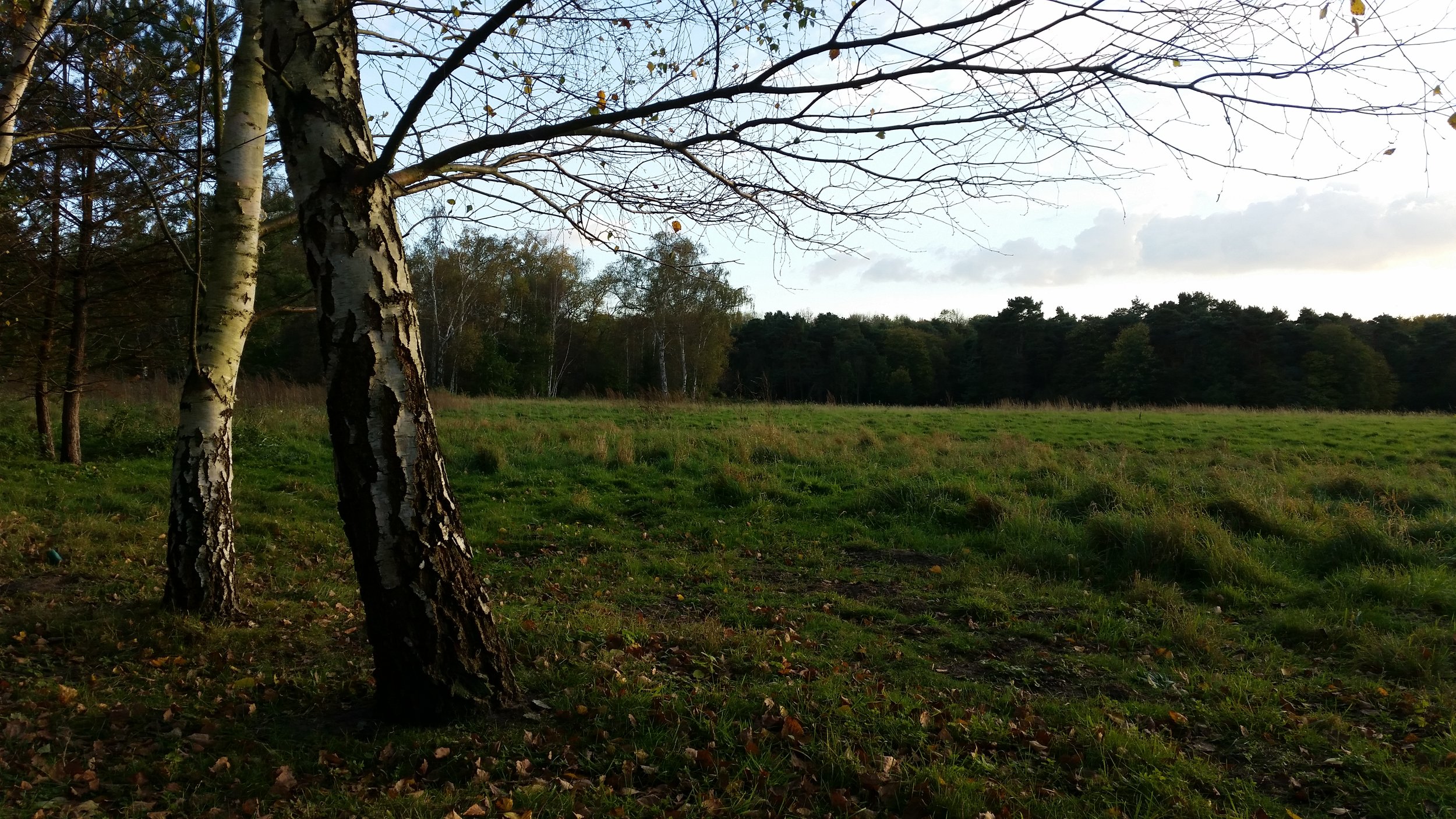

























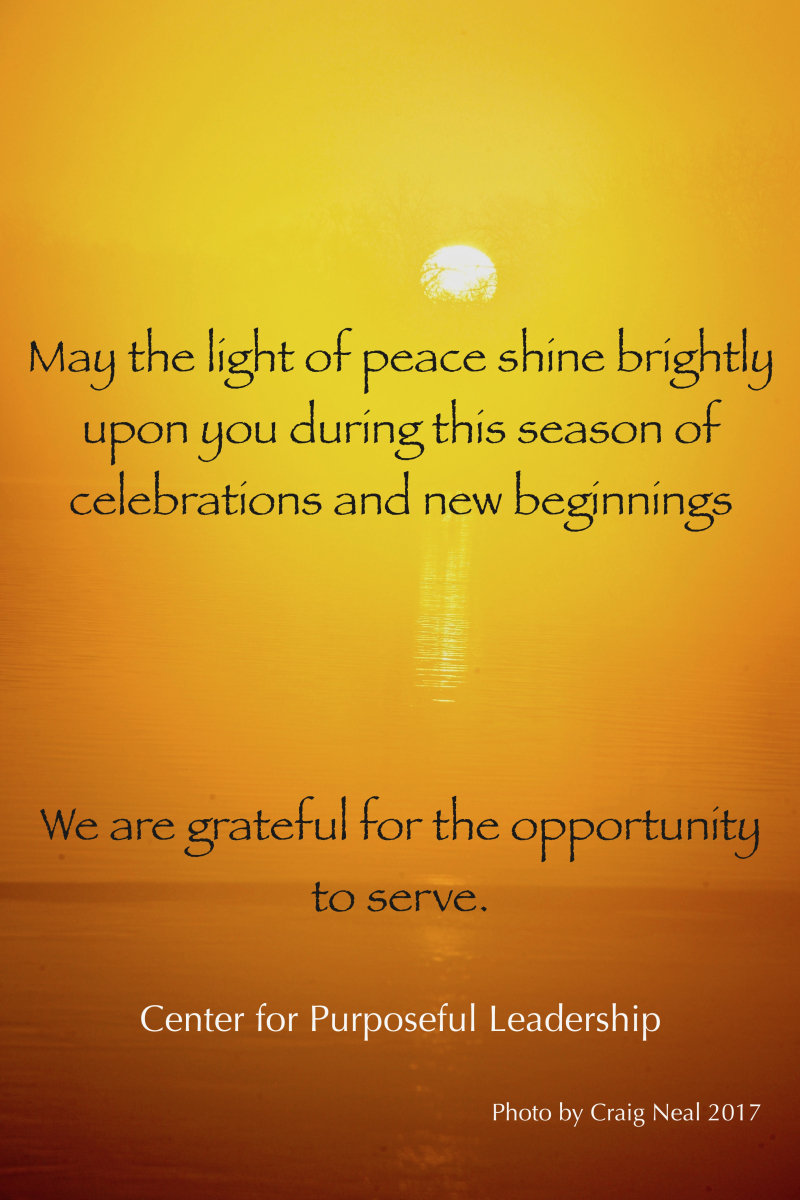





…this idea of worthiness, that struggle we go through as a nation, happens all the time.
Edward Dugger III, president of Reinventure Capital and an early pioneer in impact investing, explores the intersection between the venture capital community and racial equity.